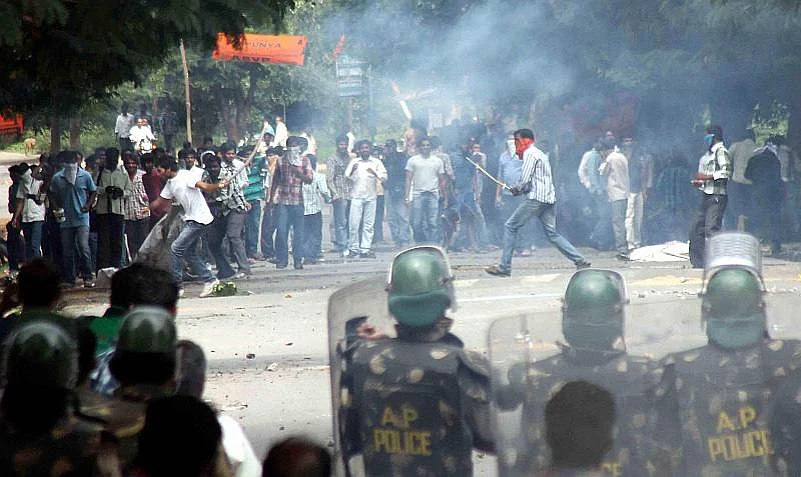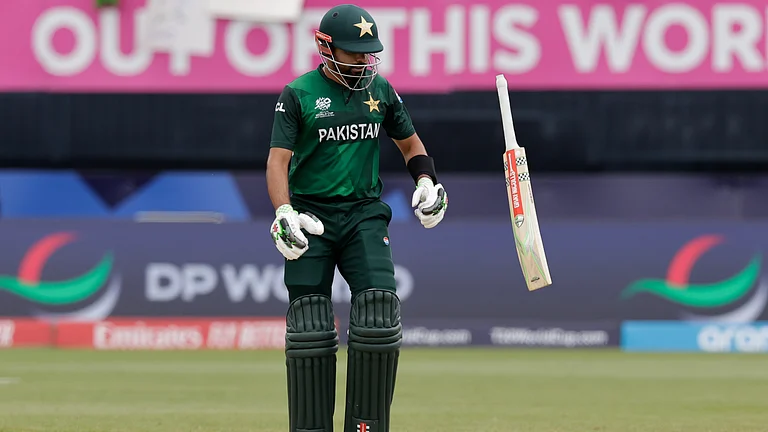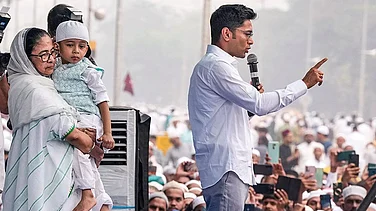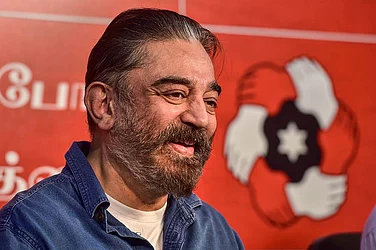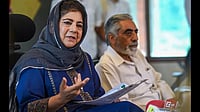Telangana is once again on the boil. And the Congress is once again at its best, speaking in many voices, like the prince of Denmark. Its Hamletian dilemma relates to what political dividends will accrue to it from the position it takes. For now, the Congress leadership is trying to reinvent the wheel by stating that the issue of Telangana is a delicate one and that the government needs time. More recently, Andhra Pradesh chief minister Kiran Kumar Reddy, who had earlier maintained a strategic equidistance on the issue, had said, “The Telangana issue cannot be seen through the prism of politics. Politics cannot be the grounds for the division of the state. There can’t be any time-frames or deadlines on such issues.” Such procrastination on part of a party in power—at the Centre and in the state—is the very villain in the piece, the enemy of peace. Unfortunately, the Congress seems to mistake indecisiveness for mellow statesmanship.
It isn’t as if the Congress is unaware of the potency of the issue: after all it was included in the UPA’s common minimum programme and later, in the President’s address eight years ago. It contested the 2004 elections with the Telangana Rashtra Samiti (TRS). The game-changer was P. Chidambaram’s statement in 2009, as home minister, that the process for state formation would be kickstarted soon, after taking all parties into consideration, galvanising the Telangana sentiment. But the Congress still refuses to take a call: both Sonia Gandhi and Rahul are conspicuously silent. And as its leaders from different regions, ministers and MPs continue to speak in myriad voices, making a preposterous spectacle of themselves, the Congress speaks of bringing about a consensus across the political spectrum! It seems the Congress wants to appropriate both the sentiments, for a united Andhra Pradesh and for a separate Telangana. Its tactic of disarming the opposition has proved counterproductive, as its electoral humiliation in both regions shows. However, the party rudely refuses to draw lessons.
Meanwhile, K. Chandrashekara Rao, the TRS supremo, continues to create false hope. His stand, his explanations on behalf of the Congress high command, his absence in the recent Telangana march—these have all added to the confusion. There are increasing reports of a growing psychological distance between the TRS and the Telangana Joint Action Committee (TJAC) although, for the time being, they cannot antagonise each other. But despite fighting for one cause, their operational compulsions are different. The TRS is preparing for a long innings and wants the Test match to run till the 2014 general elections so that it can gain votes. But an “action committee” cannot sustain itself as one without on-the-ground action, especially in the face of government inaction. The TJAC leadership may not be opposed to the TRS’s hankering after electoral gains, but at the same time, it cannot alienate parties and groups that need not necessarily be sailing with the TRS. The inaction and indecisiveness of the Congress is also mirrored by the movement. Perhaps this is exactly what the Congress wants, maybe with far more intensity.
As it appears, even the Telugu Desam Party (TDP) is perturbed; so is the newly formed YSR Congress, which despite an impressive show in other regions in the recent byelections, could not make much headway in Telangana. The predicament in which its rivals find themselves makes the Congress not unduly disturbed by the political consequences of its indecisiveness. Maybe it does not think the emergence of a strong TRS a danger, for in the long run, it can always forge an alliance with it or ‘manage’ it politically. The TDP and the YSR Congress cannot extricate themselves from their dilemma. They have no clue how the ruling party wants to steer this issue through.
There has been no dearth of committees. The Pranab Mukherjee committee hardly met. The Rosaiah committee failed to take off. Then there was the Srikrishna committee. They all allowed politicians to fish in troubled waters. Unless the political parties rise above parochial exigencies and electoral compulsions, a durable solution cannot be found. As the party in the driver’s seat, the effort should begin with the Congress.
(The author, a political analyst, is an independent member of the Andhra Pradesh legislative council.)


